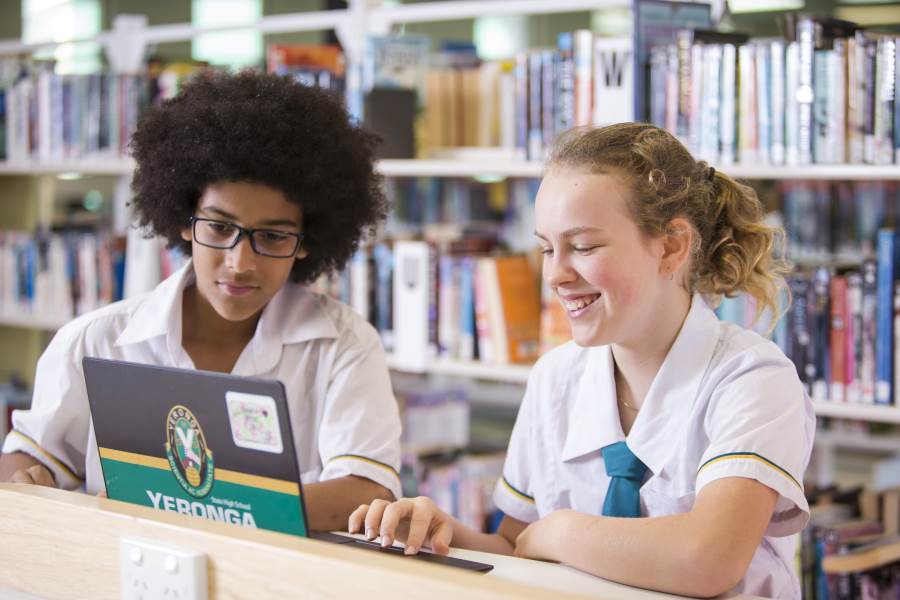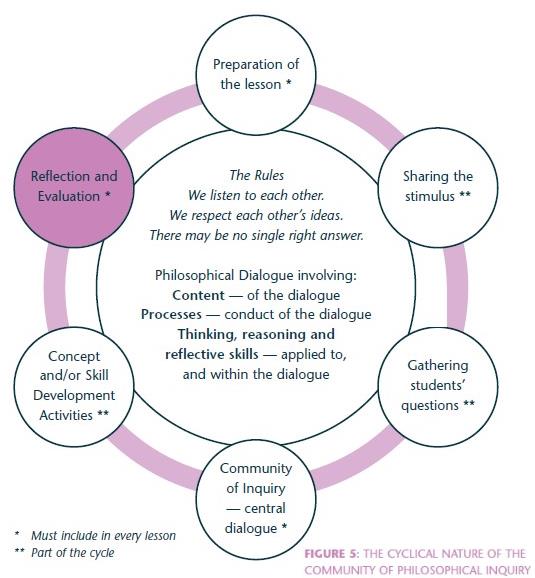
Philosophy and Reason
Philosophy will be taught to all year 7 and 8 students at Yeronga State High School, once a week. These sessions will be conducted during a designated lesson coded PRI on the timetable.
Philosophy at Yeronga involves developing a ‘community of inquiry’ that is based on the values of care and respect for all its members.
Why is Philosophy and Reasoning important?
Philosophy provides opportunities for students to investigate philosophical ideas that have shaped and continue to influence contemporary society, including what it means to be human, how we understand the role of reason in our individual and collective lives and how we think about and care for each other and the world around us.
Philosophy aims to develop students’ thinking skills in order to develop a depth of engagement with other subject areas and improve written expression. Philosophy will be taught to all year 7 and 8 students at Yeronga State High School, once a week. These sessions will be conducted during a designated lesson coded PRI on the timetable.
Philosophy at Yeronga involves developing a ‘community of inquiry’ that is based on the values of care and respect for all its members.
Philosophical Inquiry:
- enables students to participate in facilitated philosophical discussions about the big questions of life
- enables students to participate in facilitated philosophical discussions about the big questions of life
- assists in the development of thinking and social skills
- encourages students to develop hypotheses, give examples and reasons, build on each other’s ideas, justify decisions and recognise inconsistencies in arguments
- values the ability to change one’s mind in response to a justified reason
- helps students to think deeply, make reasoned judgments and deal appropriately with conflict
- allows students to apply their knowledge more effectively
| Philosophy Inquiry Skills | Philosophy Reasoning Skills |
- Clarifying the ideas of the community
- Following the thread of the argument
- Considering a variety of perspectives, possibilities and suggestions
- Questioning within the community of inquiry
- Considering the plausibility of evidence
- Exploring degrees of difference
- Applying counter-examples to test your thinking
- Evaluating criteria and forming definitions
| - Testing generalisations with counter-examples
- Forming analogies and testing the underlying generalisations
- Testing assumptions with counter-examples
- Drawing conclusions from evidence
- Inductive reasoning
- Deductive reasoning
Prioritising ideas
|
Skill DevelopmentThe teaching of Philosophy directly addresses many of the General Capabilities in the Australian National Curriculum.
